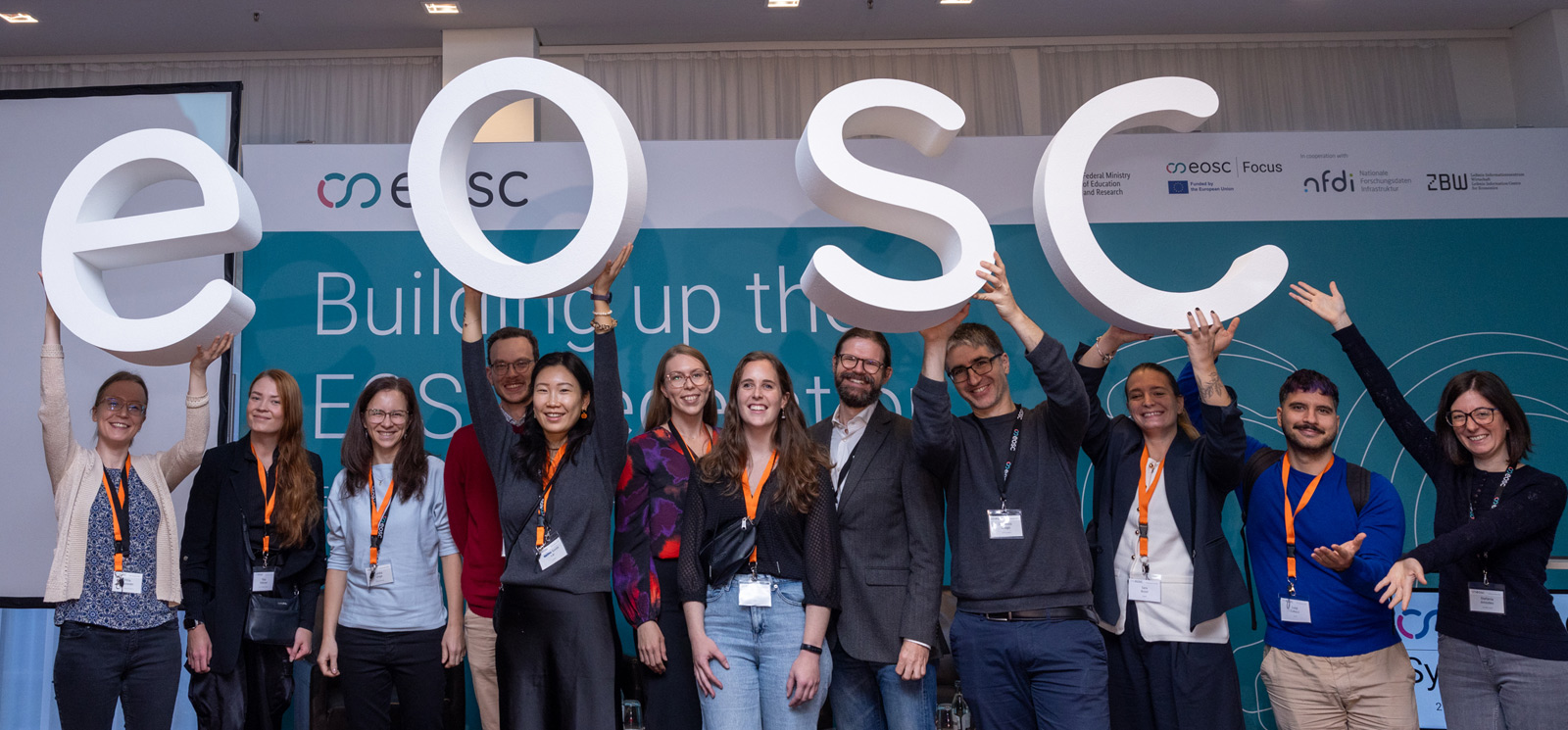ZBW as a driver of the Open Science movement
In favour of open, accessible science

The world of science is at a turning point. Traditional, often closed publication channels have long since ceased to be sufficient to meet the increasingly pressing challenges of modern research. Studies and data remain hidden behind paywalls, too many research projects work in isolation and valuable findings are inaccessible to other researchers and large sections of society. This is precisely where the ZBW – Leibniz Information Centre for Economics – comes in with its work: it is not only an information infrastructure service provider and knowledge broker, but is also involved at national and international level as an actor for “Open Science”, i.e. the opening up of research, the methods and infrastructures required for this and the results achieved.
The weaknesses of the status quo
Open science has long been a key political concern – but the reality is often different. Research data and results are usually stored behind paywalls or in closed systems that are not designed for widespread use. Even at universities and research institutions, there is not always free access to new studies – the problem is even greater at universities of applied sciences (HAWs) and universities of applied sciences. These hurdles hinder scientific progress and restrict the exchange between researchers worldwide.
Another problem is that the traditional science system primarily rewards scientific articles in high-ranking journals. The corresponding preparation and provision of other scientific results such as research data, methods, software etc. is not rewarded as much. However, this is immensely important and would enable the traceability and re-utilisation of scientific results. In addition, the publication market is dominated by large publishing houses and publishing groups that charge for access to research results. As a result, knowledge is commercialised and scientific progress is only accessible to those who can pay – be it for expensive licences or exclusive conferences.
Why Open Science is necessary – and the role of the ZBW
As one of the pioneers of Open Science, the ZBW is working to overcome these barriers. With its extensive involvement in science policy bodies at national, European and international level, the ZBW is committed to ensuring that the diversity of scientific results generated in the research process are freely accessible. This is not just about the theoretical promotion of open science, but also about concrete measures for the political anchoring of open science.
In the German context, the ZBW contributes its expertise to the Alliance of German Science Organisations and the National Research Data Infrastructure (NFDI), for example, where it works on strategies and projects to create open data spaces. Its involvement ensures that initiatives such as the NFDI, which is establishing a national infrastructure for research data management, are consistently orientated towards open science principles. This is particularly important in order to enable the free exchange of research data across disciplines.
Europe in view: Open Science in the context of the EU
The ZBW also has a place in important networks at European level to promote open science. The European Open Science Cloud Association (EOSC), to whose board ZBW Director Prof Dr Klaus Tochtermann has been re-elected since 2023, is a key European project for networking research data. The aim of the EOSC is to create a Europe-wide, accessible cloud structure for research data – a digital space in which researchers can access and share data across disciplines.

Prof Dr Klaus Tochtermann: “I am looking forward to the challenge of demonstrating how national research data infrastructures such as the NFDI can work successfully with the EOSC.”
Photo: Sven Wied
The ZBW’s involvement in the EOSC demonstrates the importance of coordinated European cooperation. National initiatives, such as the German NFDI, are thus linked with European projects to ensure seamless access to research data. The EOSC, supported by the ZBW, aims to create a platform that will contribute to making research more transparent and collaborative in the long term – a step that is urgently needed to overcome fragmented research approaches.
Global responsibility: The ZBW as a partner of UNESCO
However, the ZBW’s vision extends beyond national and European borders. Internationally, the ZBW is represented by Dr Anna Maria Höfler in the UNESCO Working Group on Open Science Policies and Policy Instruments. The working group is committed to the implementation of the UNESCO Recommendation on Open Science. This document, adopted by all UNESCO member states, calls for a global shift towards open science. For the ZBW, co-operation with UNESCO means that it can actively shape science policy activities at an international level. It enables it to contribute knowledge and resources from Germany to an international debate and at the same time to incorporate impulses from the global community into German and European projects.

Dr Anna Maria Höfler: “In my opinion, these efforts to create good framework conditions are so important so that open science can become widespread and it is a matter of course when open science practices are part of scientific performance assessment.”
Photo: Rupert Pessl
The ZBW as a catalyst for change and access
The ZBW has established itself as a key player in the endeavour for open science. Its involvement in science policy bodies, from the German Alliance to the European Open Science Cloud and UNESCO (to name but a few), shows how multi-layered its open science strategy is. Through its commitment, the ZBW is helping to overcome the structural deficits in the science system and improve access to knowledge for all.
Its role as a catalyst for fairer and more transparent science is more important today than ever – and will remain so in the future. Science is a resource that enriches society as a whole. The ZBW is committed to ensuring that this resource benefits everyone and that the potential of research for the common good is realised.
*The text was written on 25 October 2024.
This text was translated on 20 January 2025 using DeeplPro.
